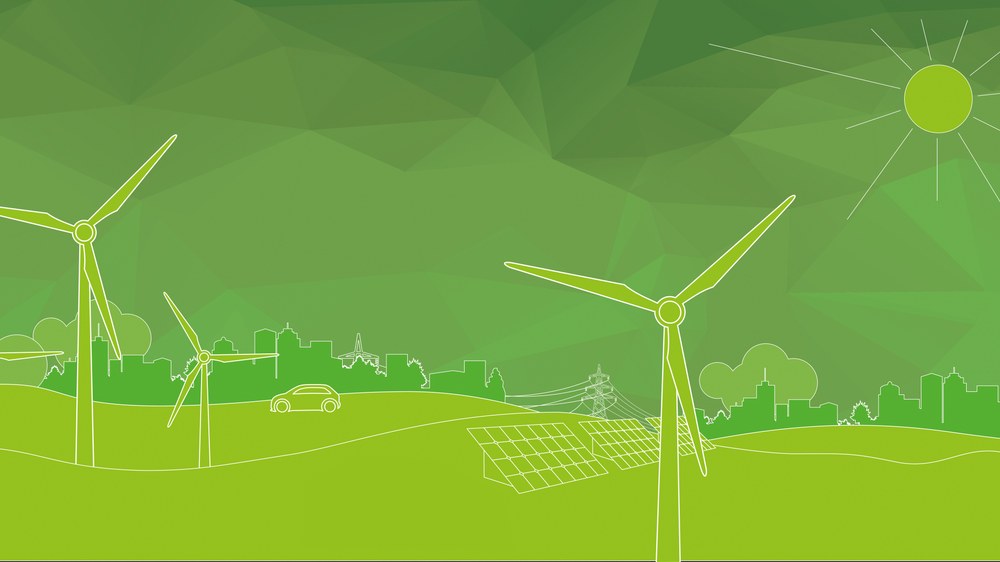"How does Germany become climate-neutral?" Dr Patrick Jochem participates in study

- The study "Scenarios for a climate-neutral Germany - technology transformation, consumption reduction and carbon management" was presented by acatech/Leopoldina/Akademieunion on 2 February 2023.
- In order to reduce demand, politicians need to create framework conditions that go beyond mere CO2 pricing.
- Dr Patrick Jochem of the Insitute of Networked Energy Systems is one of the 23 authors of the study.
- Focus: Energy, system analysis, energy transition
In order for Germany to achieve its climate targets, the demand for energy services must fall in addition to the implementation of expansion rates for renewable energies and efficiency increases. To achieve this, policymakers need to create framework conditions that go beyond mere CO2 pricing. This is the conclusion reached by researchers from the "Energy Systems of the Future" initiative in the study "Scenarios for a climate-neutral Germany - technology transformation, consumption reduction and carbon management" published by acatech/Leopoldina/Akademieunion, which was presented on 2 February 2023. Dr Patrick Jochem from the Institute of Networked Energy Systems is one of the DLR representatives involved in the study's working group of 23 authors.

acatech/Leopoldina/Akademieunion
Methodologically, the analysis involved adding the aspect of reduced demand to several existing energy system studies and their own modelling. "Existing scenario studies hardly investigate the extent to which a reduction in demand for energy services can create scope to compensate for missed targets in the expansion of technology or even achieve the climate targets a few years earlier," the research group's statement explains.
The focus was primarily on transport in addition to the aspects of heating and material requirements in industry. For example, efficiency gains and new technologies in the mobility sector have not led to a reduction in CO2 emissions because the volume of traffic and the size and weight of vehicles have increased at the same time. Therefore, an approach must be chosen that defines mobility as "access to destinations" and aims to reduce motorised private transport. This can be achieved through qualitatively more appealing solutions for public transport, cycling and walking as well as through long-term urban planning and settlement policies. In addition, a regionalisation of economic cycles could help to reduce freight traffic overall.
In addition to the aspect of reducing consumption described as an example, the approximately 200-page analysis also focused on the options of accelerating the upcoming technology ramp-up, making industrial production climate-neutral and consumption sustainable, bringing forward the realisation of a climate-neutral energy supply targeted for 2045 and analysing the significance of negative emissions, for example through reforestation or CO2 capture. In principle, however, the researchers assume that the transformation of the energy system that has been initiated can only lead to the achievement of climate targets if a wide range of social, technical and economic solutions are interlinked.
More information (German):
